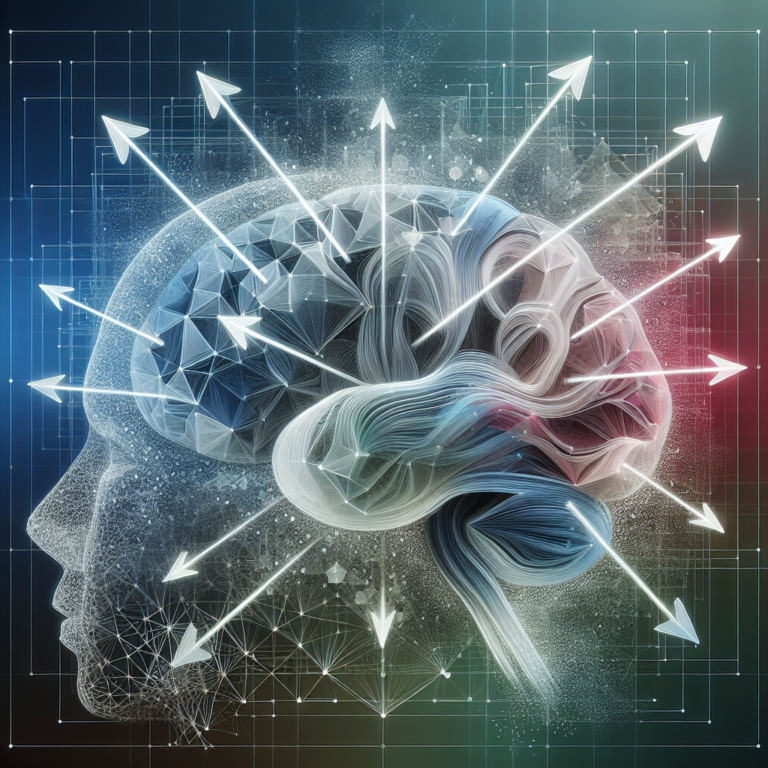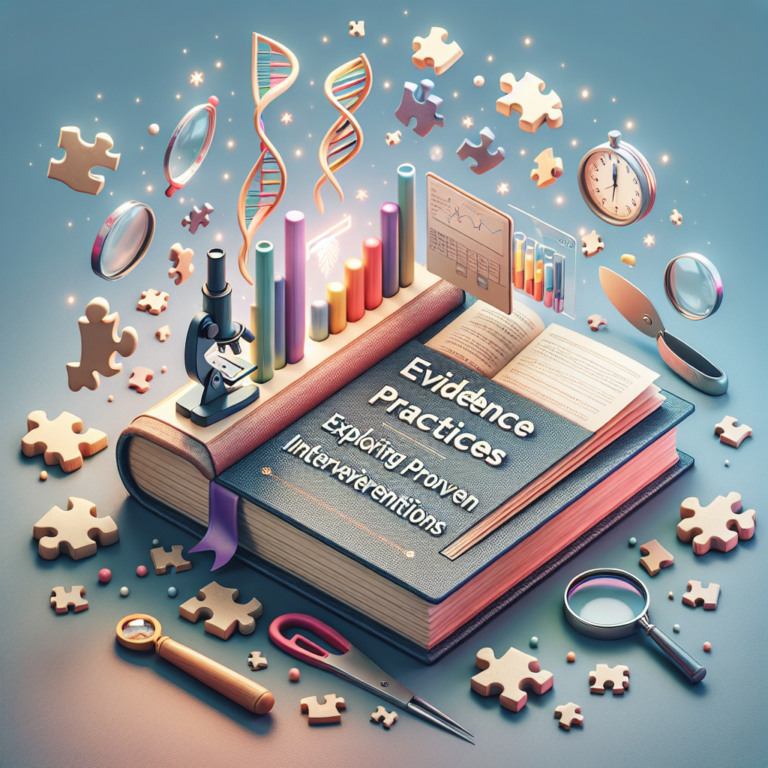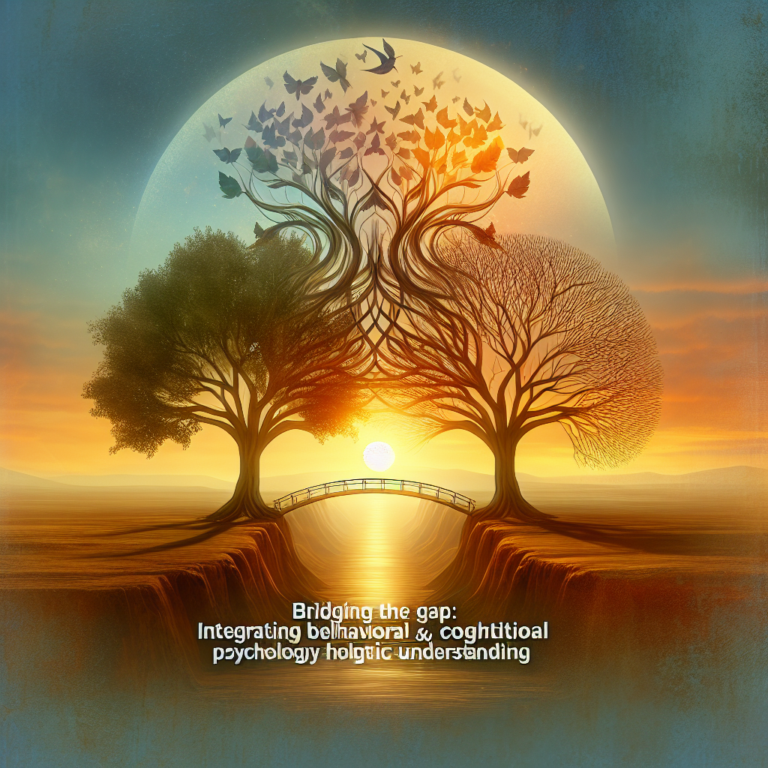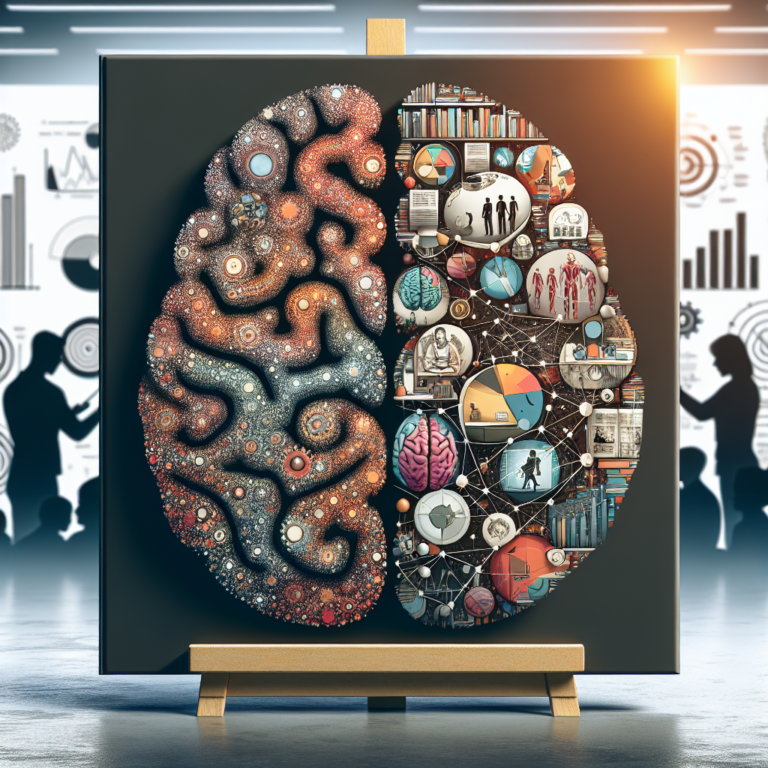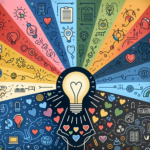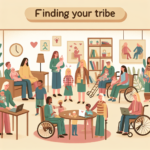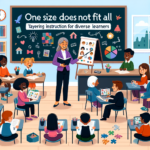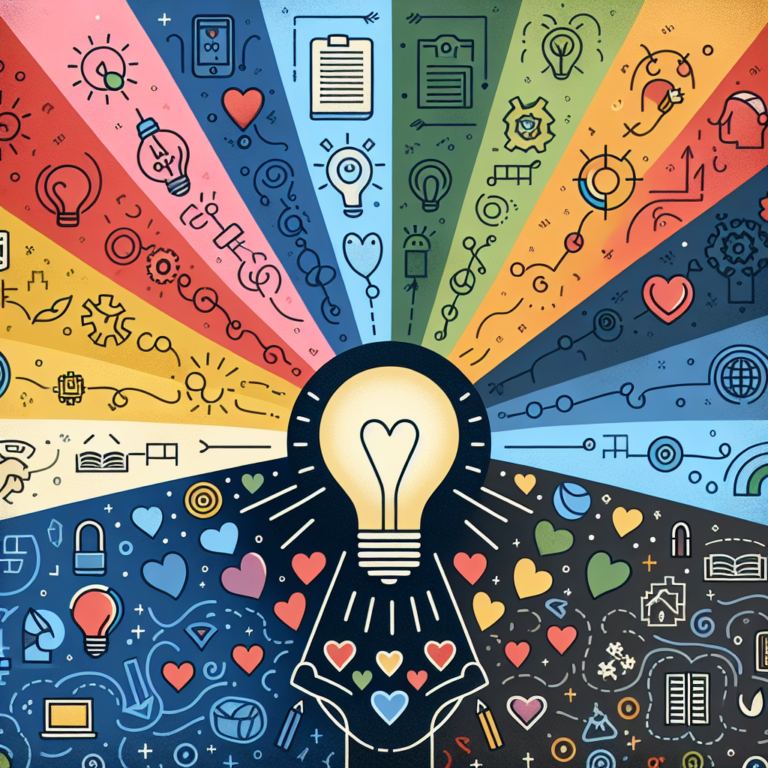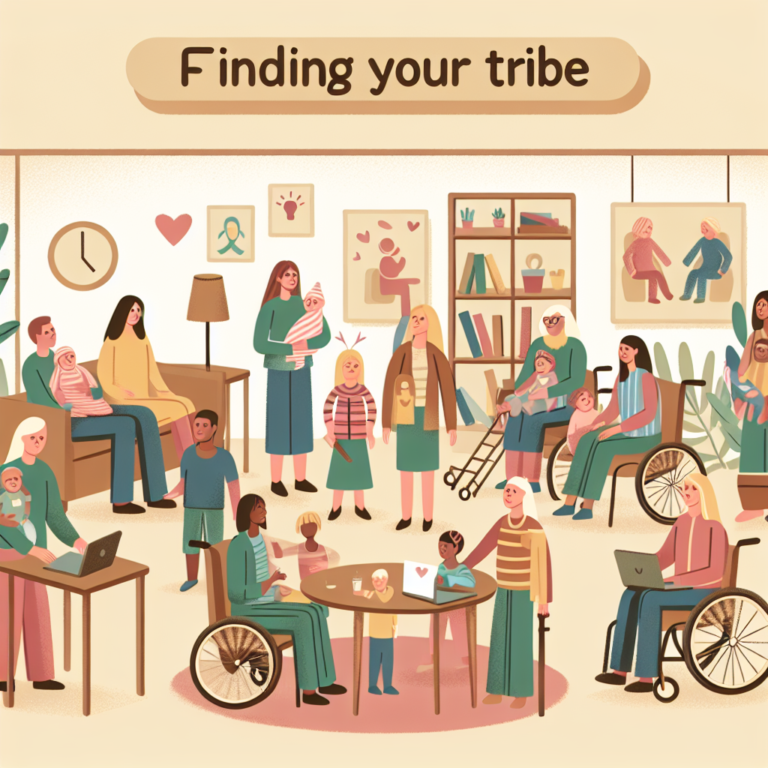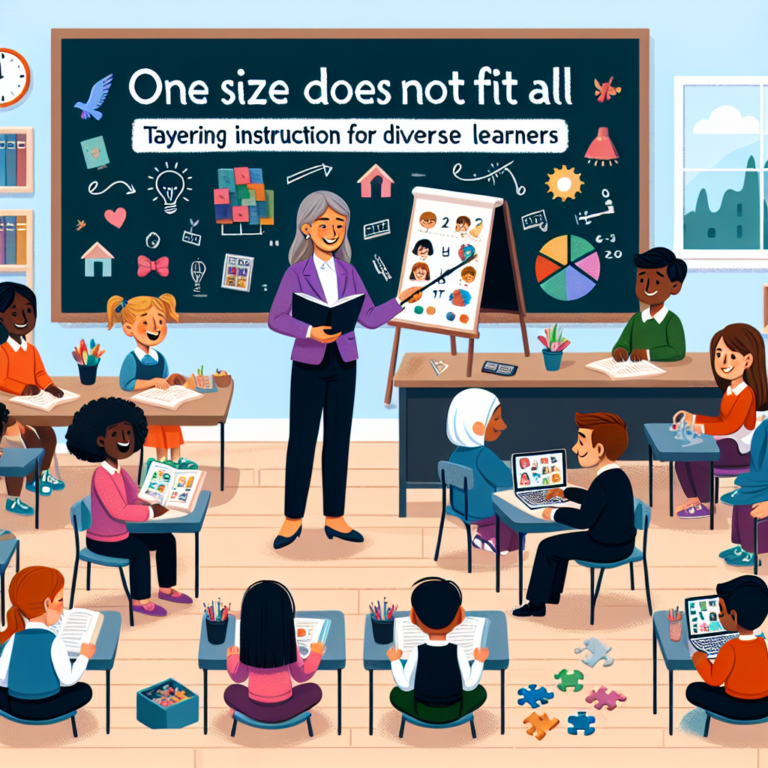
Decoding Consumer Behavior: The Essential Role of Behavioral Psychology in Modern Marketing
Introduction
In today’s fast-paced digital marketplace, understanding consumer behavior is more critical than ever. Decoding Consumer Behavior: The Role of Behavioral Psychology in Modern Marketing uncovers the intricate ways psychology influences why we buy, what we buy, and how we feel about our purchases. As companies navigate an increasingly competitive environment, leveraging insights from behavioral psychology becomes not just beneficial but essential for developing effective marketing strategies. Imagine being able to predict consumer choices with uncanny accuracy—this is the power of behavioral psychology in action.
The Psychology Behind Buying Decisions
Understanding the Consumer Mind
At its core, consumer behavior is a reflection of an individual’s feelings, thoughts, and perceptions when making purchasing decisions. Behavioral psychology delves into these mental processes, offering insights into why consumers act the way they do. Concepts such as cognitive dissonance, loss aversion, and the mere exposure effect play crucial roles in shaping consumer attitudes.
Cognitive Dissonance refers to the mental discomfort felt when holding two or more contradictory beliefs or values. In marketing, this concept can be a double-edged sword. For instance, after making a significant purchase, consumers may experience remorse, questioning their decision. Brands like Apple combat this by fostering a strong community and loyalty, reducing the chances of post-purchase dissonance.
Influence of Emotions in Marketing
Emotions are powerful drivers of consumer behavior. They can override rational decision-making processes. A well-crafted advertisement that evokes joy, nostalgia, or even fear can significantly impact purchasing behavior. Consider Coca-Cola’s holiday campaigns, which often create a sense of festivity and togetherness—feelings that entice consumers to purchase their products even if they don’t need them.
Case Study: Apple’s Emotional Branding
One of the most remarkable examples of emotional marketing is Apple. The company successfully creates a narrative around its products that emphasizes lifestyle and identity rather than mere functionality. By positioning its iPhones, iPads, and Macs as essential tools for creativity and connection, Apple taps deep into consumers’ aspirations, inspiring loyalty and repeat purchases.
The Impact of Social Proof and Authority
Leveraging Social Influence
Another significant aspect of Decoding Consumer Behavior: The Role of Behavioral Psychology in Modern Marketing is understanding social influence. Consumers are remarkably susceptible to social proof—a psychological phenomenon where individuals conform to the actions of others under the assumption that those actions reflect the correct behavior.
Reviews, testimonials, and influencer endorsements serve as powerful tools for marketers to leverage this tendency. For instance, brands like Airbnb and Amazon thrive on user-generated content, showcasing customer reviews to encourage prospective buyers to "follow the crowd."
Table 1: Impact of Social Proof on Consumer Behavior
| Type of Social Proof | Effect on Purchasing Decisions |
|---|---|
| User Reviews | 70% increase in sales |
| Influencer Endorsements | 30% higher engagement |
| Celebrity Testimonials | 25% increase in brand trust |
Authority as a Persuasive Tool
The principle of authority in social proof is another cornerstone of consumer behavior. People are more likely to trust and follow recommendations from authoritative figures or experts. Brands can leverage this by collaborating with credible figures in their respective fields to enhance their marketing strategies.
Case Study: Medical Endorsements in Pharmaceuticals
In the pharmaceutical industry, brands often use endorsements from doctors or researchers to validate their products. This strategy not only builds trust but also influences consumer behavior positively. Patients are more likely to choose a medication if they believe it’s backed by the authority of healthcare professionals.
The Role of Scarcity and Urgency
Creating the Fear of Missing Out (FOMO)
Scarcity marketing is a tactic rooted in behavioral psychology that effectively taps into the human tendency to value things more highly when they are perceived as limited or unavailable. Retailers often employ phrases like “limited stock” or “only available for a limited time” to create a sense of urgency.
This tactic can be particularly effective in fostering impulse purchases. The fear of missing out (FOMO) triggers a fast consumer response, leading to increased sales.
Case Study: Airbnb’s Limited-Time Offers
Airbnb successfully uses this strategy by promoting limited-time offers for certain rental properties. This creates a sense of urgency, encouraging users to book their stay immediately to avoid losing their chance.
The Power of Loss Aversion
Loss aversion is a concept suggesting that people prefer to avoid losses rather than acquire equivalent gains. This principle can be harnessed in marketing strategies by highlighting what consumers stand to lose if they don’t act.
Incorporating loss aversion in marketing messages can significantly influence consumer choices. For example, subscription-based services often offer free trials, emphasizing that failing to subscribe means losing access to exclusive content or deals.
Decision Fatigue and Simplifying Choices
The Paradox of Choice
In modern marketing, one significant hurdle is decision fatigue. Too many choices can overwhelm consumers, leading to analysis paralysis. Behavioral psychologist Barry Schwartz discusses this in his book "The Paradox of Choice." When faced with excessive options, consumers may avoid making a decision altogether.
Strategies to Combat Decision Fatigue
- Simplification: Reducing product lines or creating curated selections can help alleviate this issue.
- Guided Choices: Recommendations based on previous purchases or consumer behavior can direct consumers efficiently, making the choice feel less daunting.
Case Study: Stitch Fix’s Personalization
Stitch Fix excels at simplifying choice through personalization. By providing consumers with tailored recommendations based on their style and preferences, they reduce the overwhelming options and enhance customer satisfaction.
The Influential Power of Branding
Building a Strong Brand Identity
A strong brand identity fosters a sense of trust and loyalty among consumers. Branding elements such as logos, color schemes, and messaging should evoke desired perceptions in alignment with consumer values and emotions.
When brands successfully resonate with consumers on an emotional level, they unlock brand loyalty and a lasting relationship.
Table 2: Key Attributes of Effective Branding
| Attribute | Description |
|---|---|
| Consistency | Uniform messaging across channels |
| Authenticity | Genuine representation of values |
| Engagement | Active interaction with consumers |
Case Study: Nike’s Brand Image
Nike’s “Just Do It” campaign encapsulates empowerment and determination, successfully aligning the brand with athletes’ aspirations and inspiring non-athletes. Through consistent messaging and strategic endorsements from influential athletes, Nike has forged a powerful emotional connection with its audience.
The Intersection of Data and Behavioral Psychology
Harnessing Big Data for Targeted Marketing
Behavioral psychology combined with big data analytics presents marketers with unprecedented opportunities to understand consumer behavior. By analyzing patterns in purchasing behavior, preferences, and demographics, brands can create highly targeted marketing campaigns.
This data-driven approach ensures that advertisements resonate with the intended audience, enhancing effectiveness and conversion rates.
Case Study: Amazon’s Recommendation Engine
Amazon employs advanced algorithms to analyze user data and purchase history, presenting personalized product recommendations. This not only improves customer experience but also boosts sales through effective cross-selling strategies.
Personalization at Scale
Utilizing data enables personalized marketing at scale, making each consumer feel seen and valued. This personalization can extend to email campaigns, websites, and product recommendations—tailored specifically to the preferences and behaviors of individual consumers.
Conclusion
Decoding Consumer Behavior: The Role of Behavioral Psychology in Modern Marketing illuminates the profound impact psychological principles have on shaping marketing strategies. By understanding the intricacies of human behavior, marketers can craft compelling narratives, reduce decision fatigue, and cultivate loyal consumer bases. As we move into an era where consumer expectations continue to evolve, the role of behavioral psychology in marketing will only grow in significance.
Actionable insights derived from behavioral psychology can markedly improve marketing effectiveness, paving the way for innovative strategies that resonate deeply with target audiences. By grounding marketing efforts in an understanding of consumer behavior, businesses can inspire loyalty, drive sales, and thrive in a competitive landscape.
FAQs
1. What is the relationship between behavioral psychology and consumer behavior?
Behavioral psychology studies how psychological factors influence individuals’ actions and decisions. In marketing, understanding these factors helps businesses tailor their approaches to meet consumer needs effectively.
2. How does emotional marketing influence consumer choices?
Emotional marketing taps into the feelings and emotions that drive consumer decisions. By crafting messaging that resonates emotionally, brands can create stronger connections with consumers, leading to increased engagement and loyalty.
3. What is the significance of social proof in consumer behavior?
Social proof influences consumer behavior by showcasing the popularity or credibility of a product or service. People tend to trust recommendations from others, making user reviews and testimonials vital components of marketing strategies.
4. How can brands effectively leverage scarcity in marketing?
Brands can use scarcity by highlighting limited availability or exclusive offers. This creates urgency, prompting consumers to act quickly to avoid missing out on desirable products or deals.
5. Why is personalization important in marketing today?
Personalization enhances the customer experience by tailoring messaging and offers to meet individual preferences and behaviors. This approach increases engagement, boosts conversions, and fosters long-term relationships with consumers.
By embracing the insights from Decoding Consumer Behavior: The Role of Behavioral Psychology in Modern Marketing, brands can create marketing strategies that not only attract but also retain customers, resulting in sustainable business growth.




